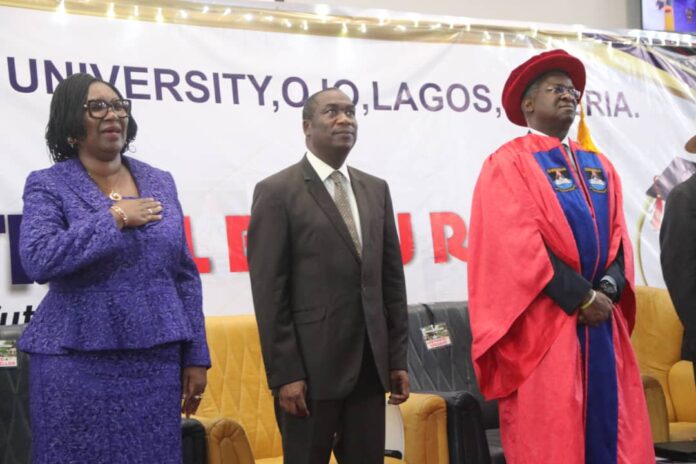Estimated reading time: 3 minutes
The Revenue Mobilisation Allocation and Fiscal Commission (RMAFC) has reignited the debate on local government autonomy in Nigeria. The commission’s chairman, Mohammed Shehu, argues that granting full autonomy to local government (LGs) would be a game-changer, leading to reduced poverty, curbed insecurity, and improved governance across the country.

Shehu, in a statement issued on Wednesday in Abuja, noted that local government councils, as the third tier of government, should operate independently of state and federal governments to ensure effective grassroots governance.
On May 26, the Federal Government instituted a legal action against the governors of the 36 states of the federation at the Supreme Court over alleged misconduct in the administration of Local Government Areas.
The suit filed by the Attorney General of the Federation and Minister of Justice, Lateef Fagbemi, is seeking full autonomy for all local government areas in the country.
The RMAFC boss said, “Granting full autonomy to LGCs will reduce poverty, curb rural-urban migration, and deliver more democratic benefits to the populace. It will also attract qualified candidates for council elections, improving governance across all levels”.
“Full autonomy will promote good governance, transparency, and accountability at the local level,” Shehu stated.
“Security challenges like banditry, kidnappings, terrorism, and electoral violence would be minimised if local government funds are directed towards rural development.”
Shehu’s optimism hinges on the notion that empowering LGs with greater control over their finances would allow them to directly address the needs of their communities. This could include increased investment in rural development projects, which RMAFC believes would create jobs, stem the tide of rural-urban migration, and ultimately alleviate poverty.
The argument extends to security. Shehu suggests that local control over finances would enable LGs to better address security challenges specific to their regions. This could involve funding community policing initiatives or programs that tackle the root causes of crime, like youth unemployment.
However, the path to full LG autonomy is not without hurdles. Critics argue that some LGs lack the administrative capacity to effectively manage their finances. There are also concerns that autonomy could exacerbate existing inequalities, with wealthier LGs pulling further ahead.
The RMAFC’s position aligns with the federal government’s ongoing legal efforts to enforce constitutional provisions guaranteeing financial autonomy for LGs. This has met resistance from some state governors who fear a loss of control over local resources.
The debate on LG autonomy is a complex one, with compelling arguments on both sides. Further research is needed to assess the potential impact of full autonomy, considering factors like capacity building for LGs and measures to ensure equitable distribution of resources.
Nigerians seeking progress on poverty, insecurity, and rural development will be closely following this issue. The decision on LG autonomy could have a significant impact on the country’s future trajectory.






